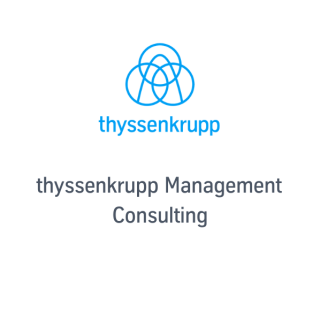I was practicing a case recently and my framework was much more comprehensive than the provided answer in the book. In brief, this was a market entry case (a restaurant was considering whether it should start serving breakfast or not) and the answer provided basically came down to:
1) Is the market attractive? 2) Can the client enter this market profitably?
However, my own framework involved a lot more dynamics:
Before I begin making a framework, I’d ask what the specific goals of the client wanting to incorporate breakfast were and get some ideas of that. I assume they want to increase profits but I just wanted to clarify before proceeding and see if there was any numerical figure attached to this.
First, I wanted to consider of the state of the overall economy, the breakfast market in general, and the financial health of the potential client. These should be fine, but I think these are important to think about.
Second, I wanted to look at the drivers, the branches of an issue tree, and I identified the following: (1) Should the client do it? Consider a cost/benefit analysis and determine expected profits and rate of return on adding breakfast? Who are the customers served and what are their demands? What is the competition like? (2) Could the client do it? Do they have the funds and logistics to feasibly carry this out? Or might they need to accrue more costs for issues related to the value chain? (3) How would the client do it? Do they have any plan as to who they will target? Any ideas on what customer demands are for breakfast? Who will they serve? What are the customer segments? (4) Risks. Will there be any competitive response in the breakfast market?
Third, after identifying these issues, I would suggest (1) attractiveness is the most important and in particular determining if demand is there and then digging into a cost/benefit analysis, looking at the customers, the competition, and going out from there.
Is this type of approach overkill for this of question? Or would interviewers be pleased with the comprehensiveness of it?
Thanks all







